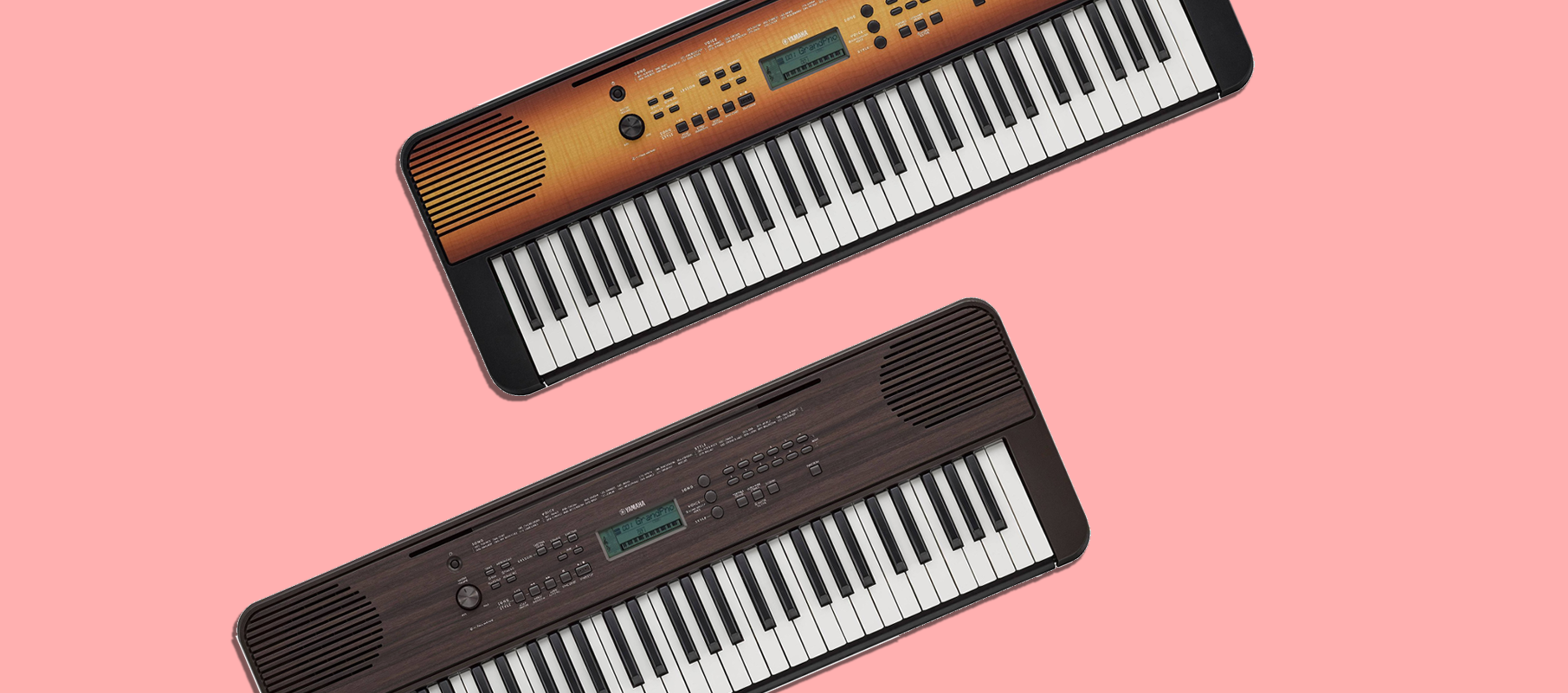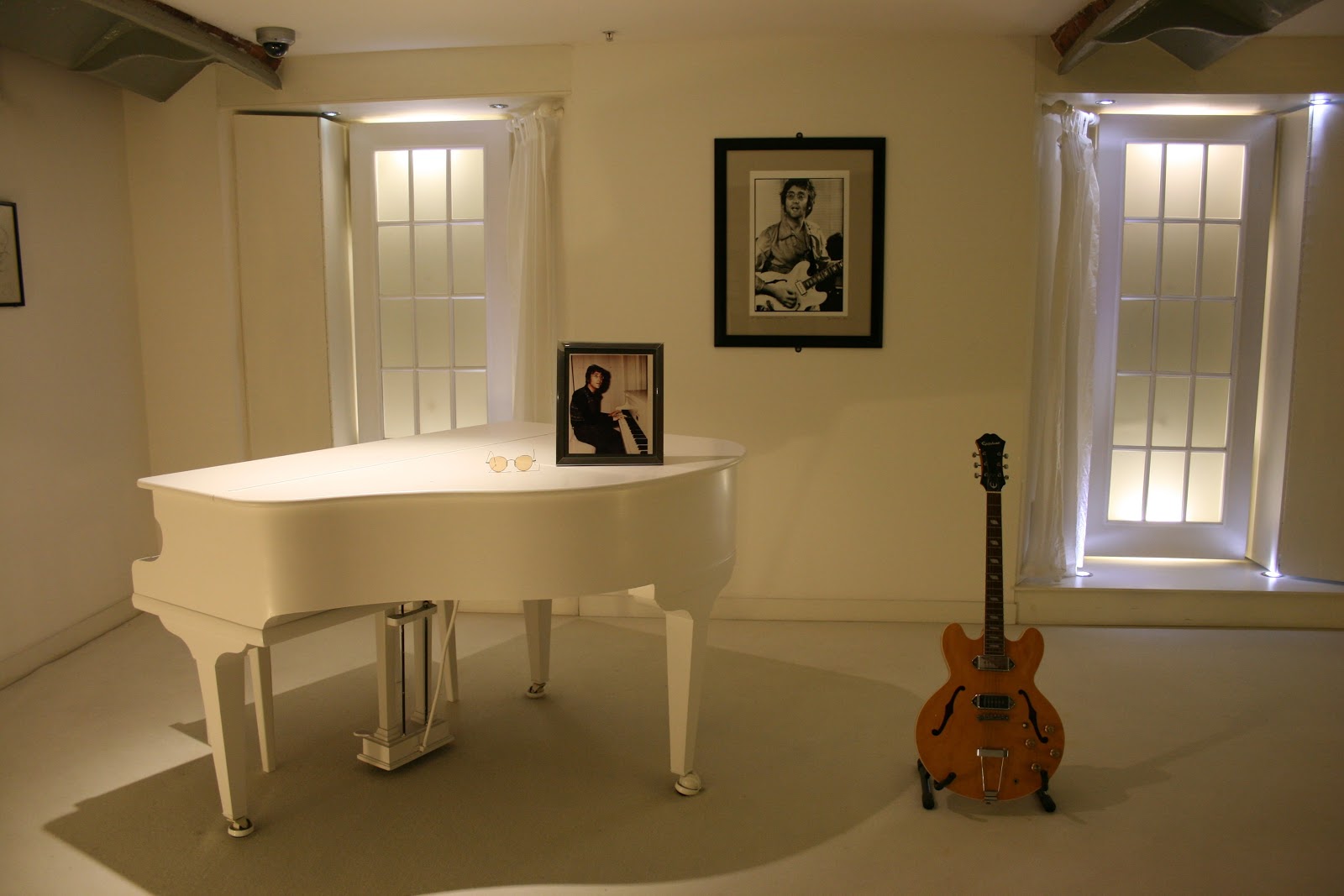{{item.name}}
{{item.attribute}}: {{item.attribute1}}
{{item.attribute2}}: {{item.attribute3}}
NRs {{item.price}} NRs {{Number(item.price) - ((Number(item.discount)/100 * Number(item.price)))}} NRs {{item.price}}
This item is not available now.

The thought of having to practise for hours on end every day would put most of us off before we've even picked up an instrument. So how long do you actually need to practice for - and how often should you do it?
Surprisingly, you've probably spent more time standing in a supermarket queue or waiting for a bus than the length of time you need for daily practice.
Psychologists have a wealth of research that shows how our concentration changes over time. For most of us, we're happy and able to pay attention for up to 18 minutes before we tune out - something also found by the organisers of the world-famous online TED talks. Imagine what you could achieve if you invest just 18 minutes of your time every day to practice?
It takes commitment - the effects of practising tend to be partially cumulative so missing days can hold you back; instead develop a consistent habit even if one day you can only afford a few minutes to play.

Most of history's greatest musicians spent their lives practising and performing. Dizzy Gillespie, the famous jazz saxophonist, practised for twelve hours a day for many years whilst guitar legend Jimi Hendrix was said never to have put down his guitar - even taking it with him to the bathroom! Likewise, concert pianists will regularly practise for at least 5 hours every day (increasing that time when preparing for a performance).
If you're a full-time, professional musician, you're probably doing all of the above already. For the rest of us, those extremes aren't necessary but you do have to put the time in and be prepared to practise daily even for a few minutes. When we're not in the mood to practice pieces given to you by your teacher, take a short break and play something you know and enjoy.

It's important to have your own space to practise, where you feel comfortable and are able to focus. Find a spot, a corner under the stairs, your bedroom or garage; it doesn’t matter where, as long as it is away from distractions so that you can totally concentrate on playing. Having the routine of going to the same place every time also helps you find the right mindset.
Wherever you choose, it needs to be a place that's safe to leave your instrument ready to play (or ready to assemble quickly) so you can get straight to practising. The area also needs to be well-ventilated and well-lit; if you play sitting down, find a chair or stool (ideally with an adjustable height) and ideally a sturdy music stand (that doesn't wobble or fall over when you're writing notes).
Have everything you need close to hand; water to drink, paper & pencil to make notes with, a clock (or watch), a tuner, a metronome and your music within arms reach. All these things are easy to misplace and it can easily take up your entire practise time searching for them. If you don't have a tuner or metronome but do have a smartphone or tablet, there's a variety of free and low-cost apps you can use instead.
Distractions are the nemesis of the practising musician. Make sure your practise room is free of them - no TV, no laptop and only a phone or tablet if you need them for time keeping or practise-aid apps.

Are you a morning or evening person? What fits in with school, college or work and family commitments? Decide what times of the day works best for you. If you like practicing in the morning, get up an hour early so that you won’t be late for work. Set aside time for practise each day - if you stick to the same time, friends and family will understand that you are occupied and know not to disturb you. If you can schedule practise to leave a gap before and after other appointments and events, your mind will be more able to completely focus on music.

Just as with a physical workout, a warm-up before practising music is essential. It prepares your muscles, making your hands and fingers more flexible and crucially reduces the danger of any strains. It also helps you to practise specific techniques and fingering which directly benefits the music you'll be playing. You wouldn’t run a marathon without stretching first, and the same principle applies to playing an instrument. Veteran musicians invariably bookend their playing with warm-ups (and breathing exercises for brass and woodwind players) and cool-downs.
It would be very tedious if you plough through the same warm up every day; your mind will wander before you've even started practising. First of all, prepare your body and mind for work and take notice of how you’re feeling. Take a few deep breaths to calm and centre yourself, be aware of any tension in your body and tell your body to relax. Remind yourself of the day’s goal either silently in your head, or state it out loud.
5 to 10 minutes of warm up is plenty of time when you're a beginner. Whether playing scales or practising instrument keying, warming up will get your muscles moving but also reinforce and strengthen your technique.
Don’t always play the same scales and do try mixing in basic sight reading. Playing the scales of the key signatures your pieces are in will help connect your warm-up directly to your practice, whilst technical studies such as pentascales for piano or long bowing for stringed instruments will help loosen fingers and joints.
If you start developing aches and pains, listen to your body. Does your back hurt every time you sit down to practice? If so, check your posture and chair but don't put off seeing a specialist if the pain doesn't subside. Listen to your body if something doesn't feel quite right - and don't put off booking a check up with your doctor.

Before you even get to your music sanctuary, ask yourself - "what do I want to accomplish today?" Do you want to memorise a piece of music? Do you need to work on breath stamina? If you start practise with a goal in mind, you will be focused, motivated and more likely to achieve it.
Break each goal down into smaller, focused objectives. When a piece is proving troublesome, practice it in short sections, line by line or phrase by phrase. The brain learns and remembers small chunks of music and the playing context around it more easily than it does a full piece. Take it slowly, gradually increasing tempo over the space of a week (you'll likely find you do this anyway). And, if you've been working for a long time on a problematic section without making any apparent headway, try coming back to it tomorrow - the chances are you'll find it much easier.
Being able to identify weaknesses in your own playing and learning how to shape your practise to strengthen those areas will be very important to your music education. If unsure, ask your teacher for a few, clear goals to work towards before the next lesson. In a music journal or practise notes, write down your goals and keep them in mind when you practise each day. At the end of each session, keep a note of how much nearer you are to reaching those goals. A music journal is a great way to write down any frustrations, record your successes and, of course, to track your progress.